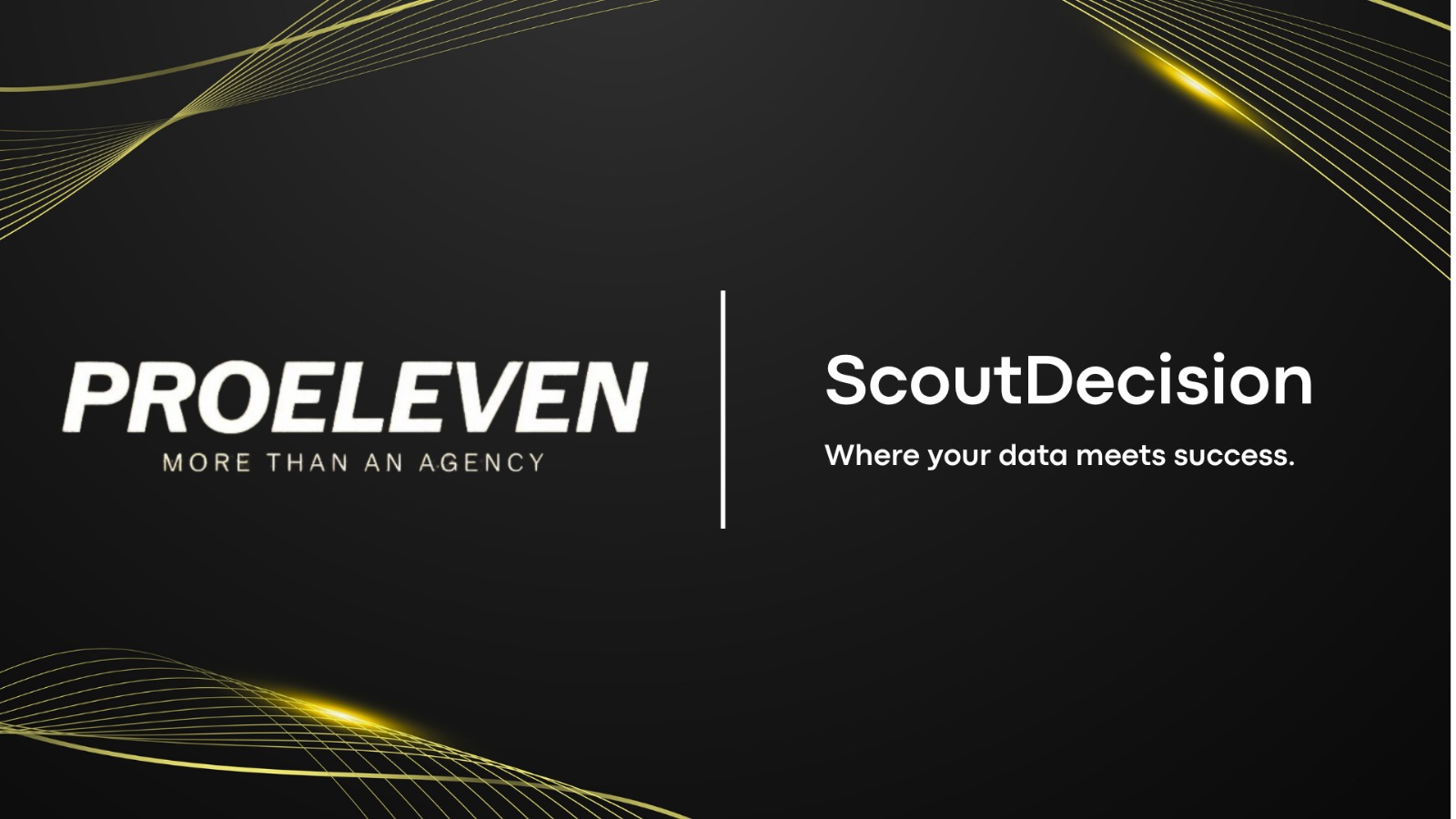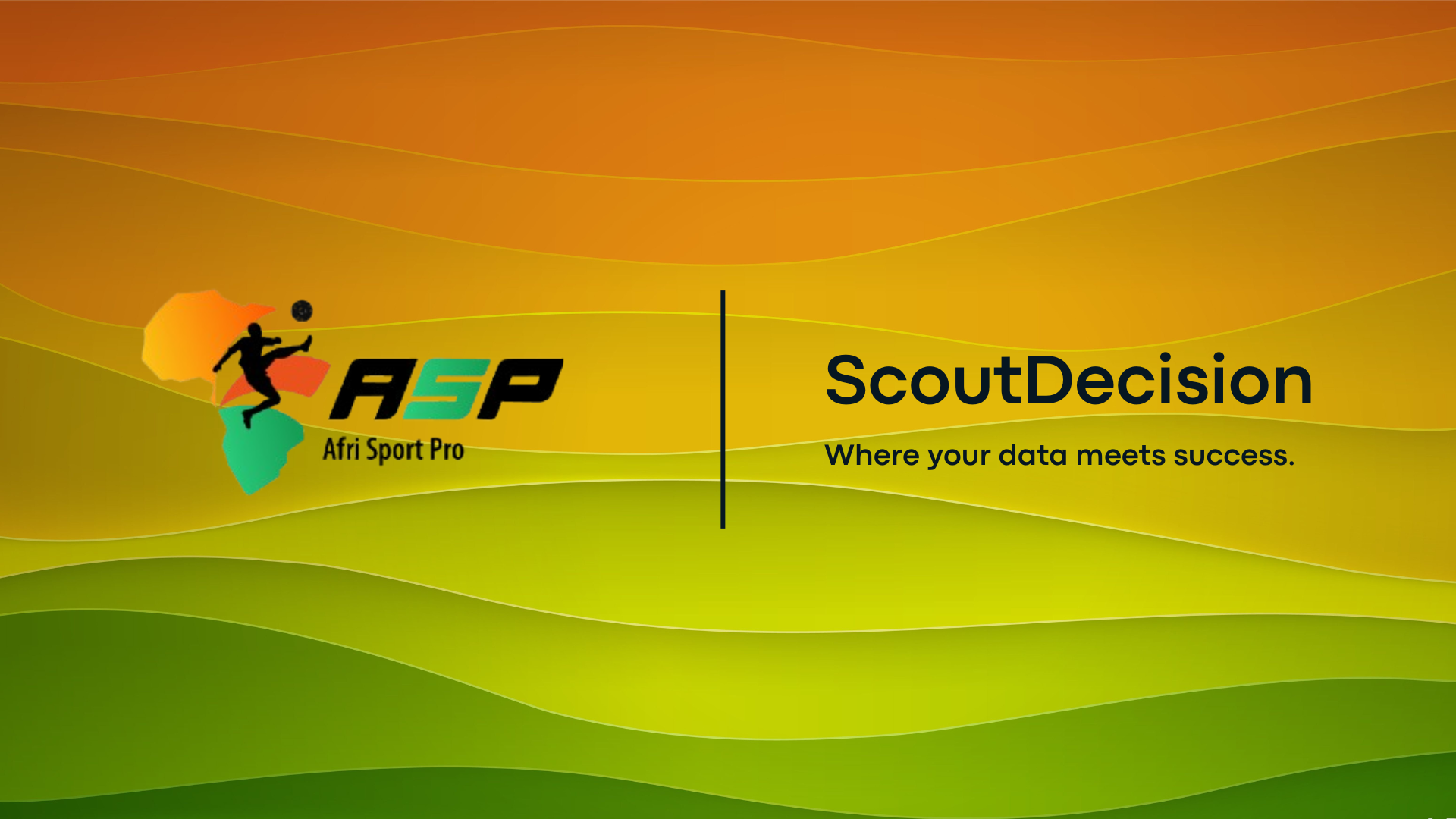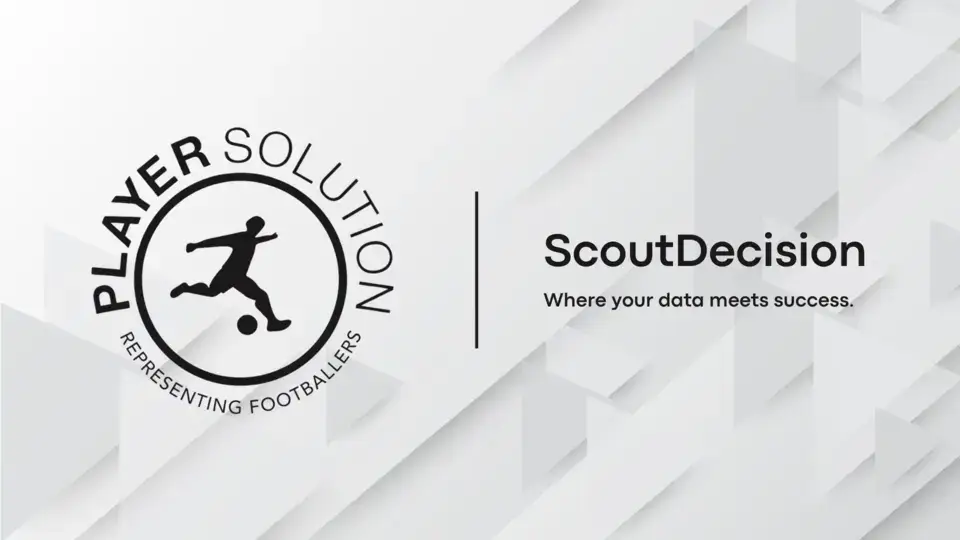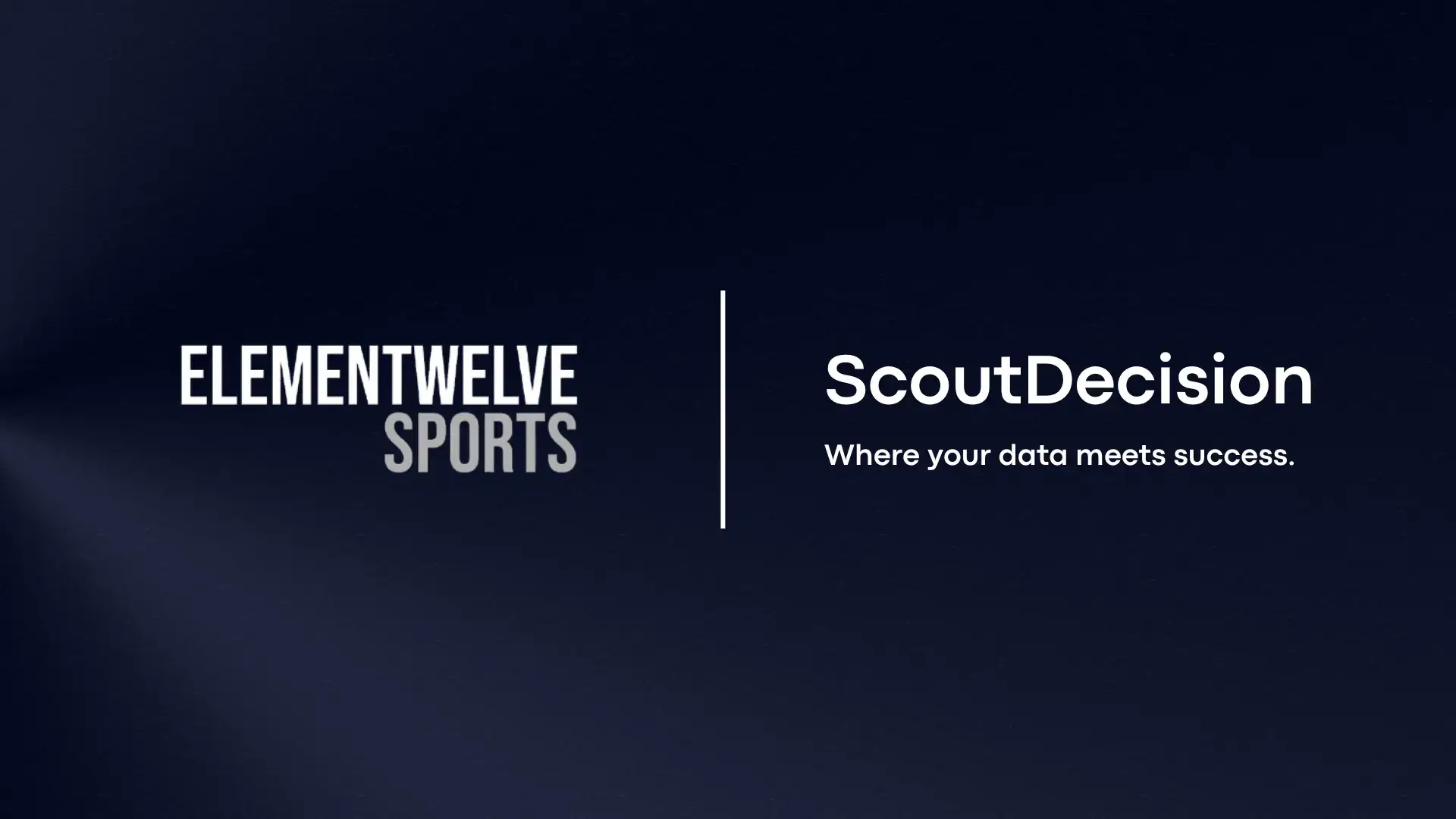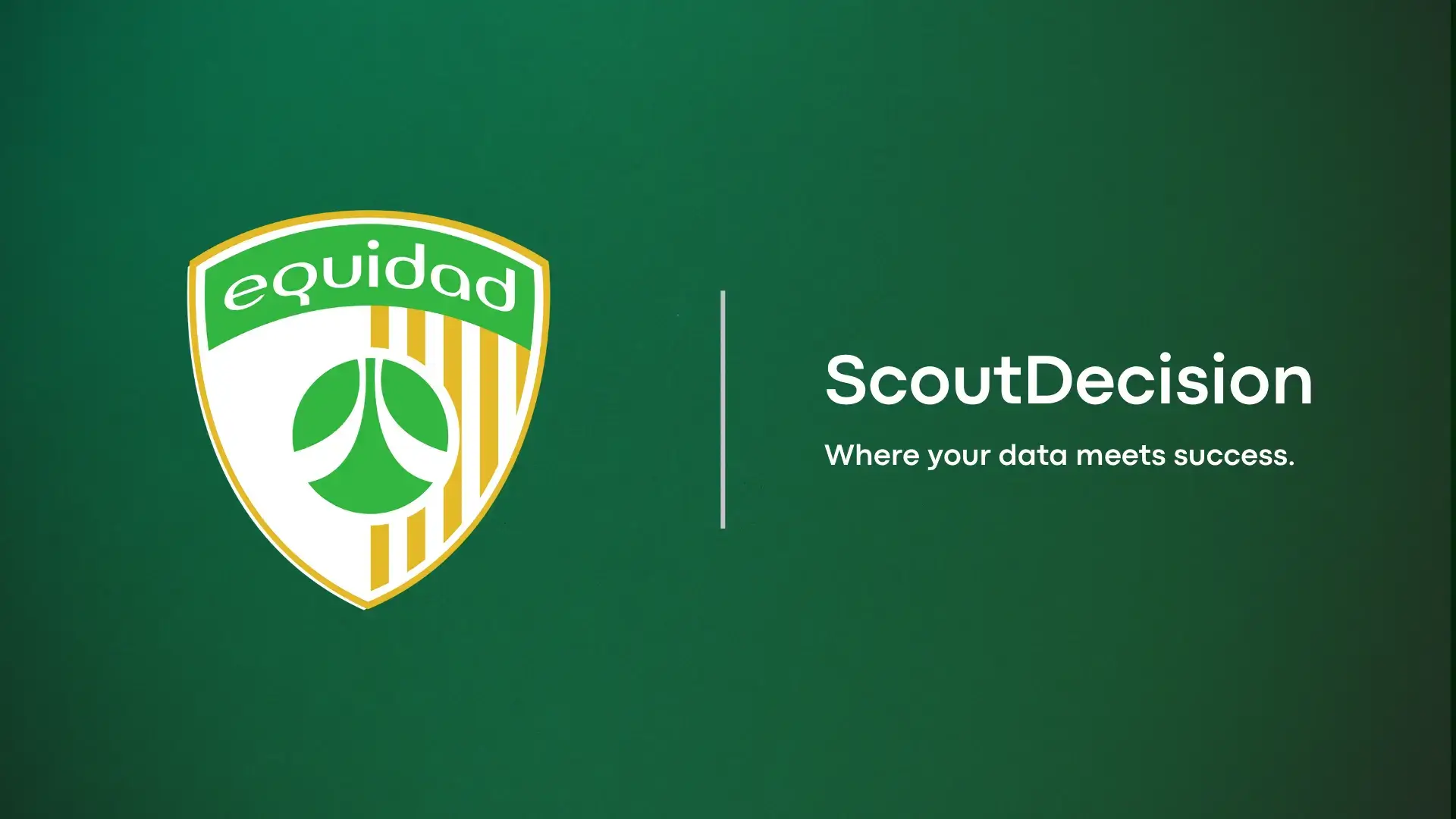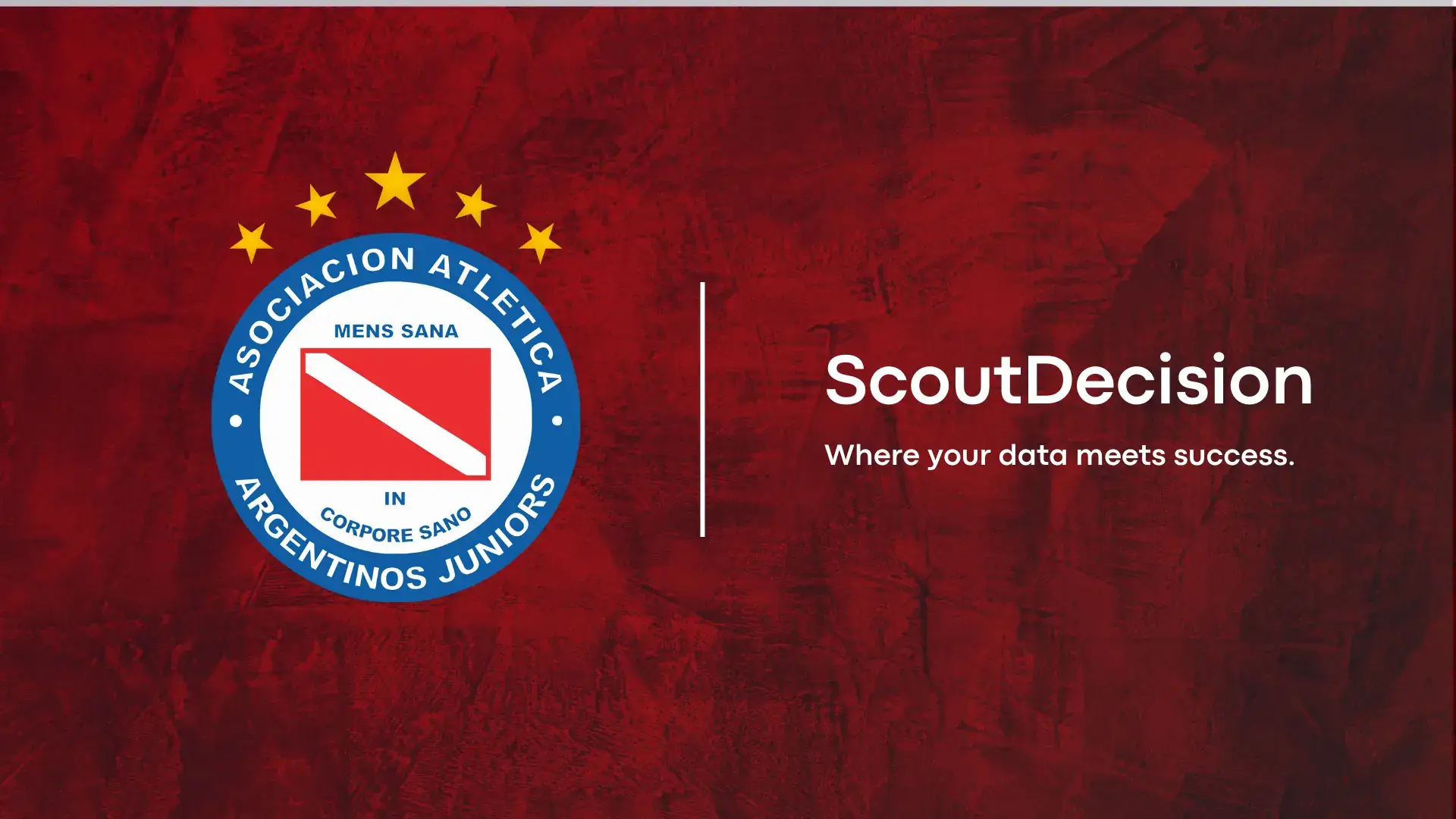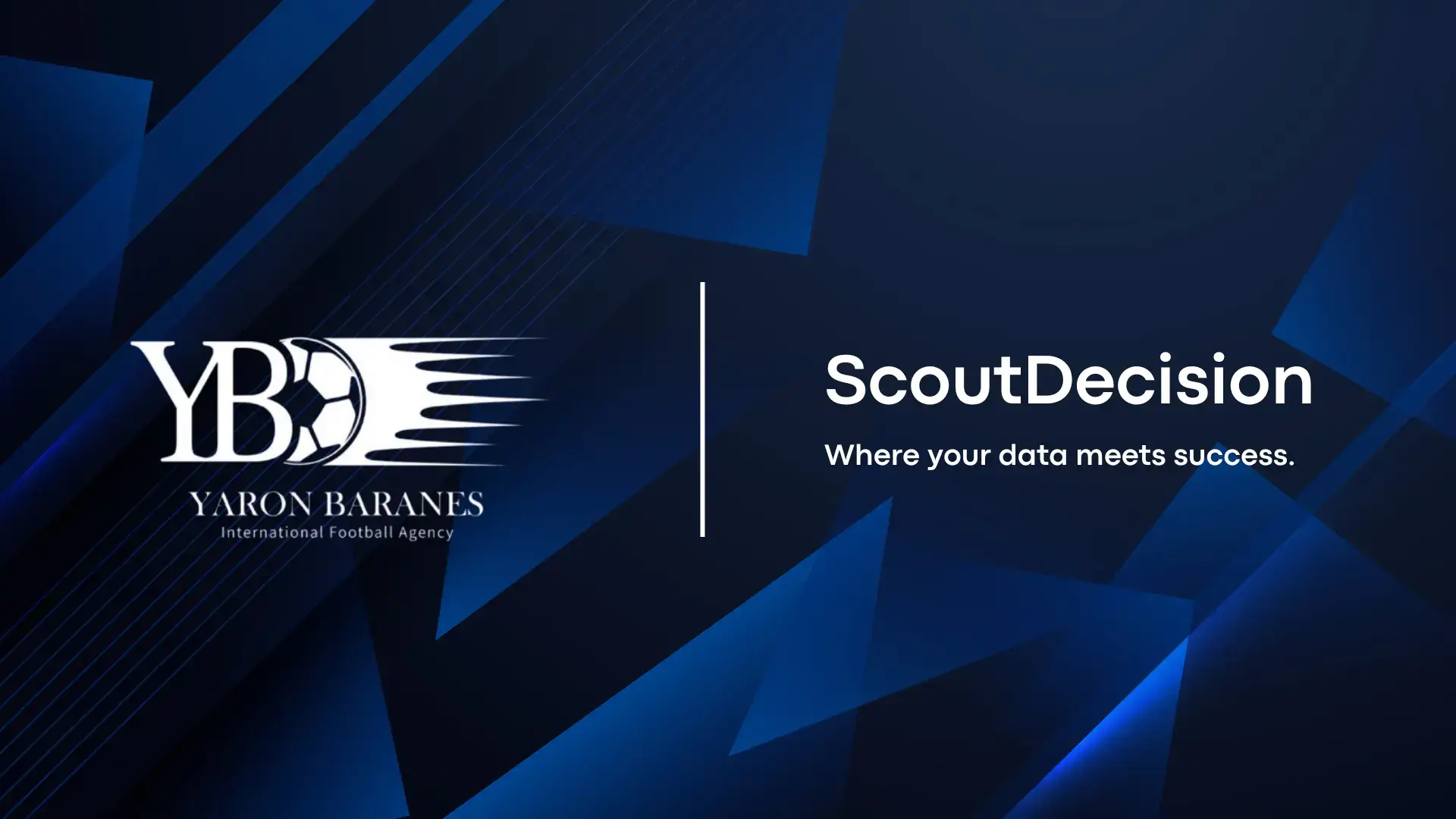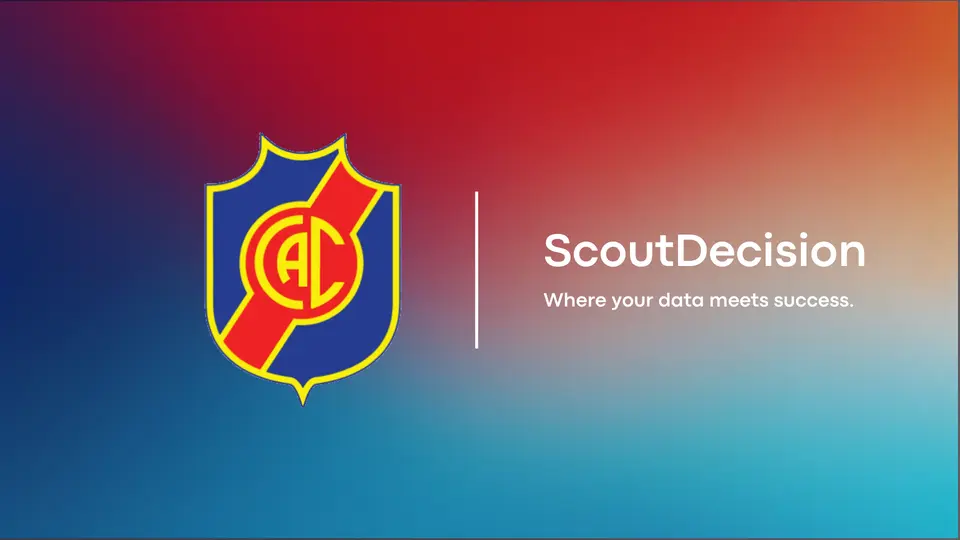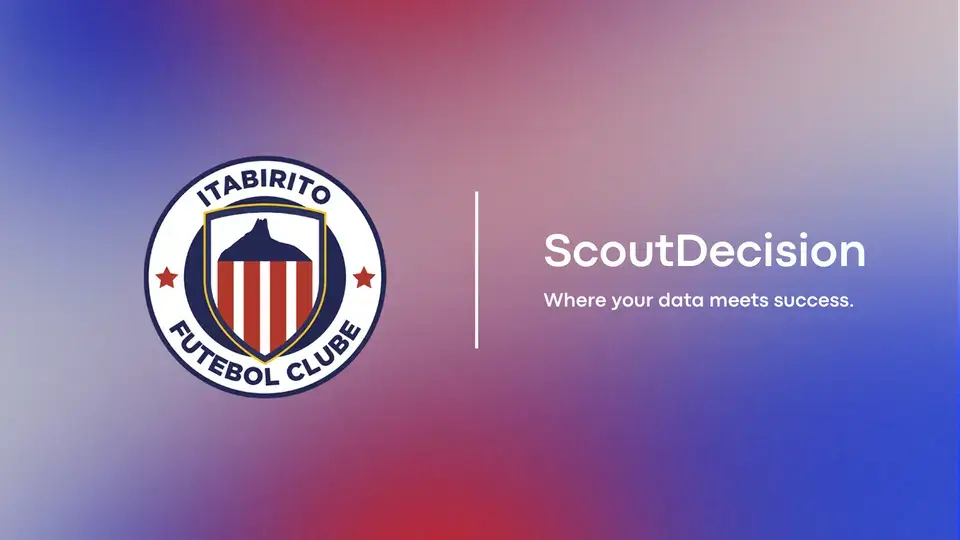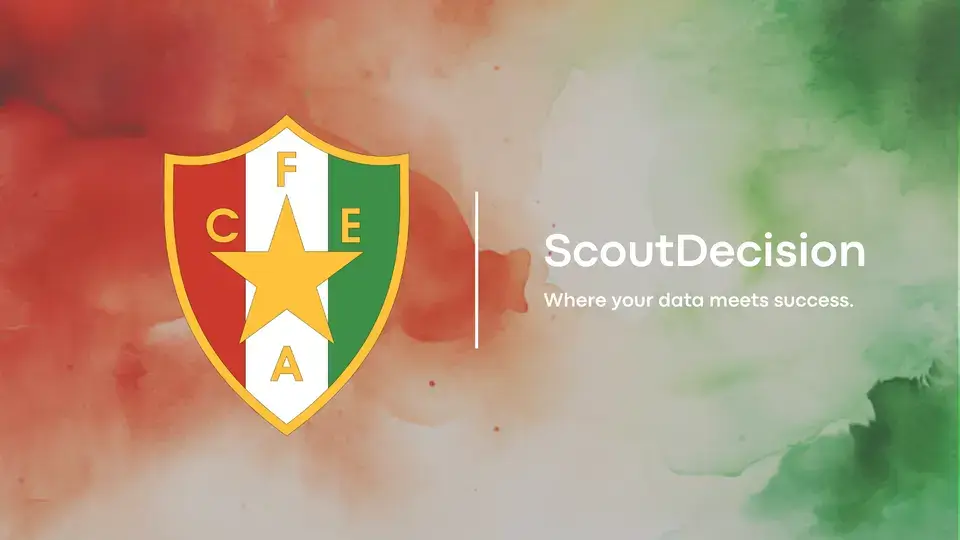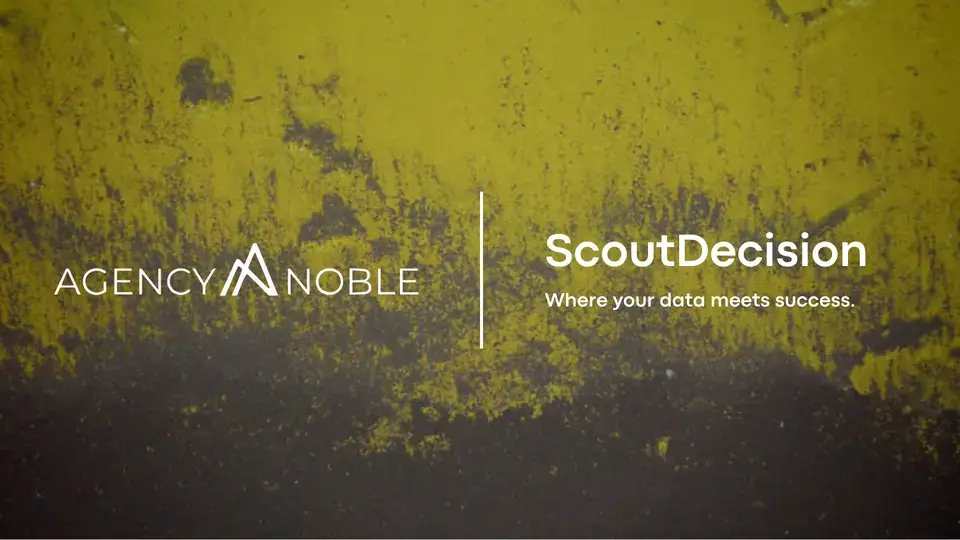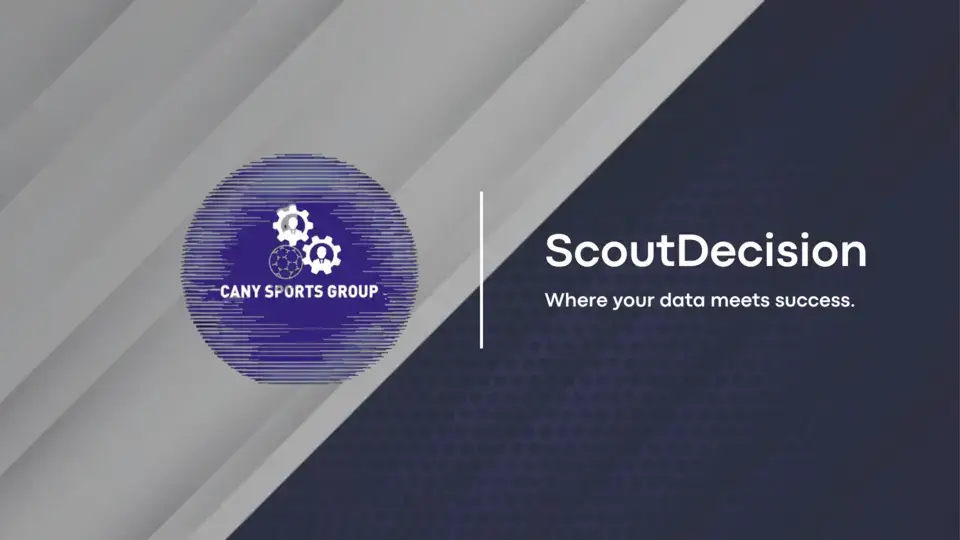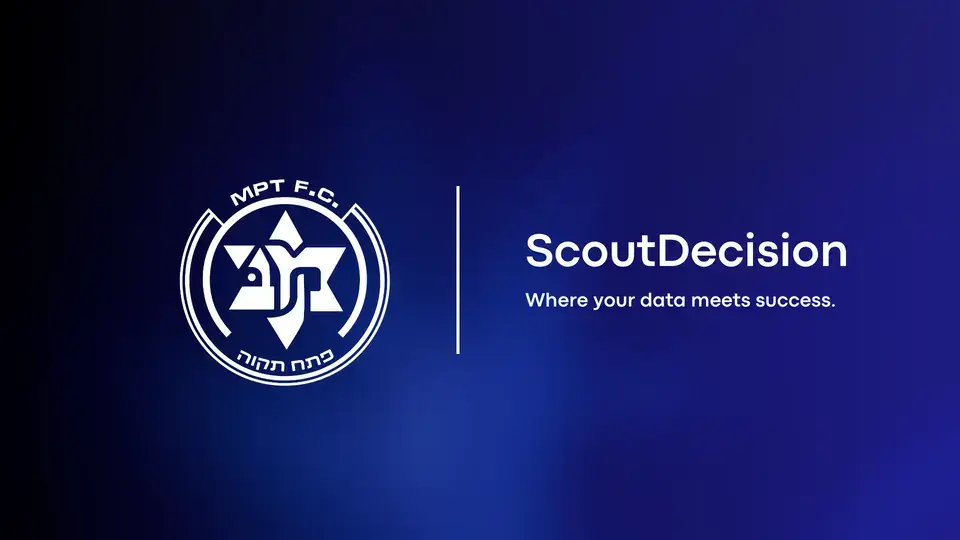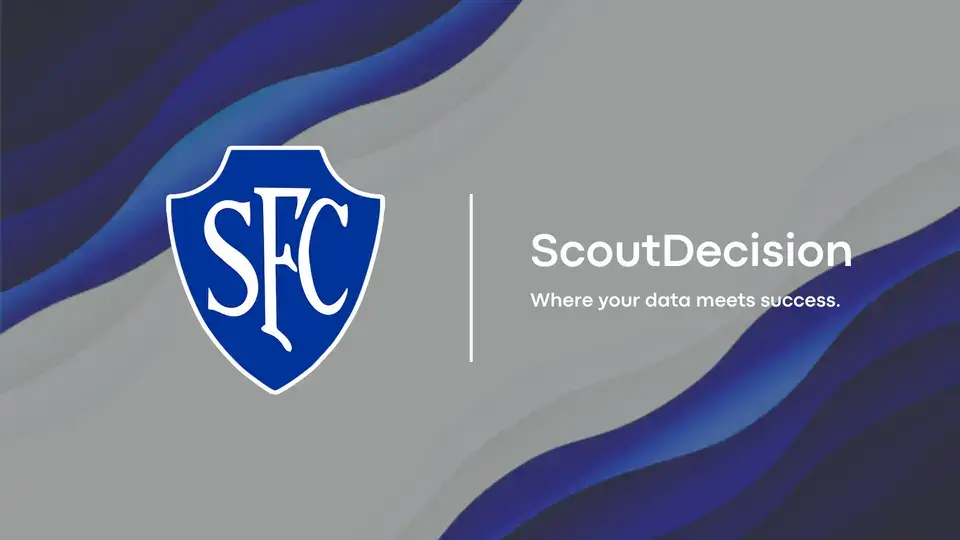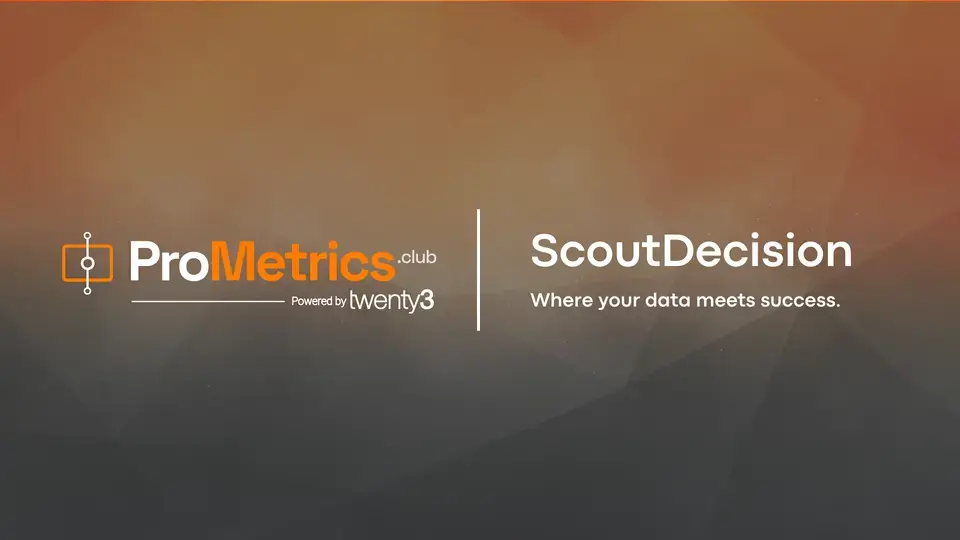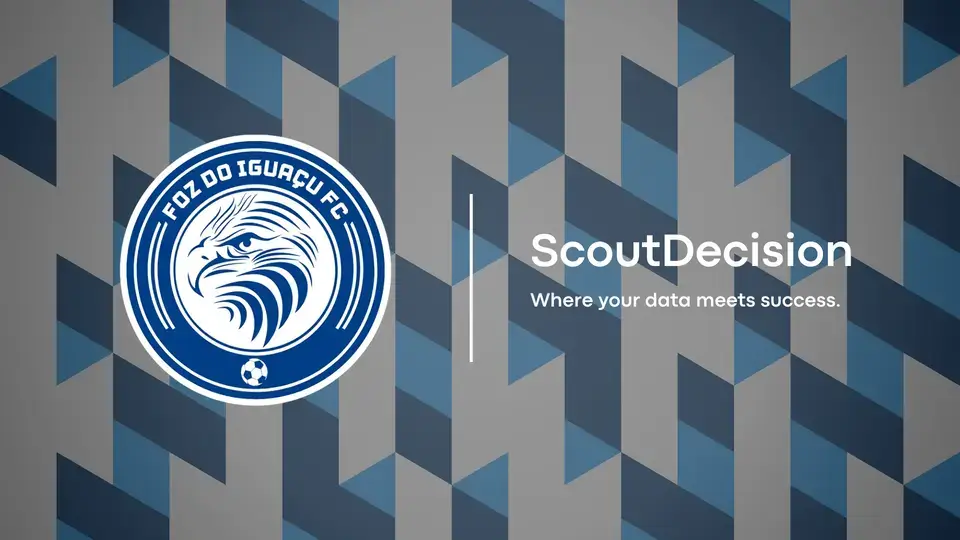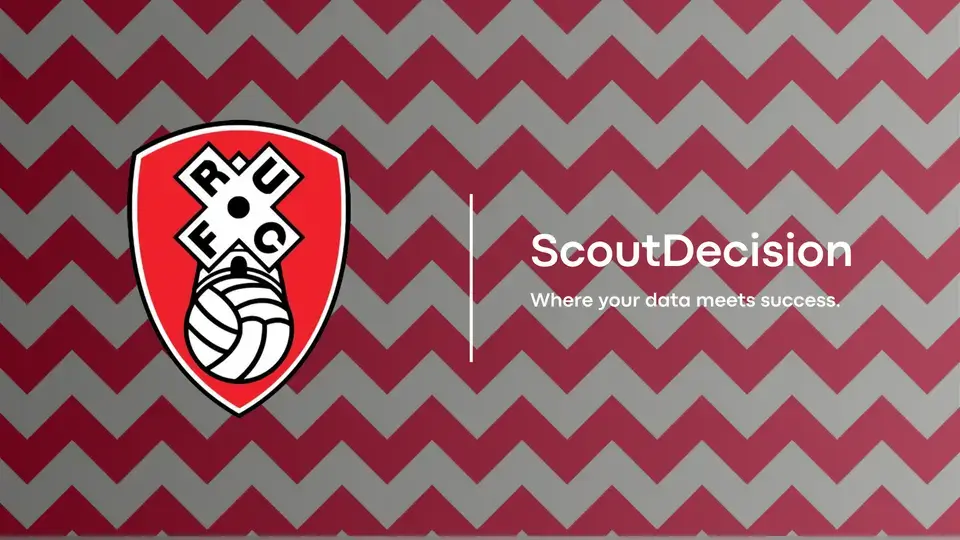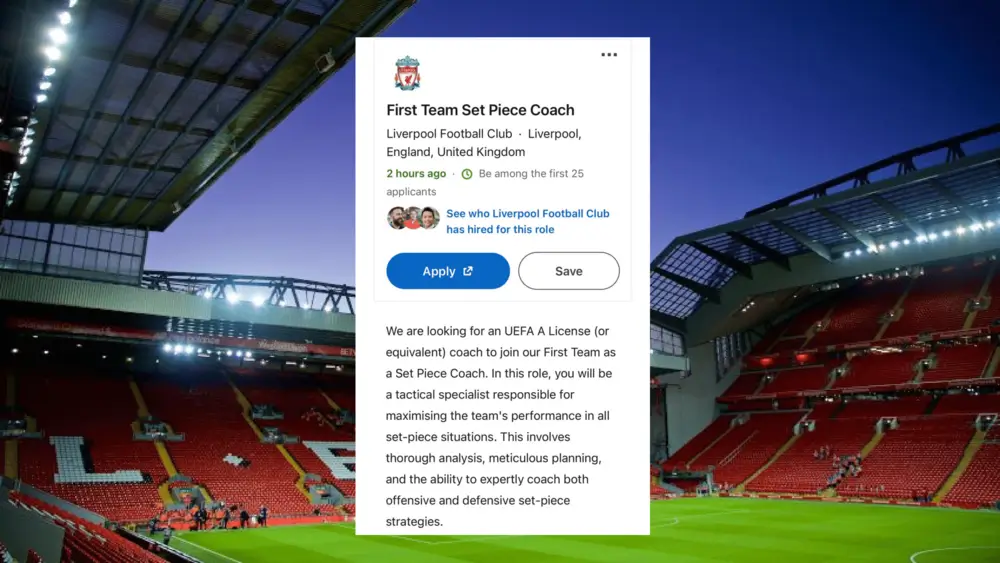Football Scouting: An Investment, Not a Cost
At ScoutDecision, we have contacted with many scouts: we know know the difficulties of earning a living by identifying talent. Identifying and selecting football talent is not an easy job. It's a complex process that's crucial for the success of both clubs and national teams but most of the time it is treated like a cost and not an investment. In today’s world, being a football scout involves a mix of keen perception, advanced technology, and a whole lot of travel. But after all, what do scouts do? Why should we value their work? Let's dive into it:
What is Talent?
When scouts talk about talent, they’re not just looking at how fast someone can run or how many goals they’ve scored. Talent is a blend of genetics, physical and cognitive skills, social abilities, motivation, and creativity. Scouts assess these attributes to determine if a young player has what it takes to make it big. They look for a combination of traits that can include a player’s height, weight, speed, agility, playing intelligence, and mental strength but also social skills and family background.
What is a Scouting Process?
Scouts spend countless hours watching games, analyzing performance, and writing detailed reports. They look at everything from a player's physical attributes and technical skills to their decision-making abilities and mental resilience. Good scout need to be great communicators: to express their opinions in football terms, super organized: to work in a fast-moving football organization and able to use advanced software. The job often requires flexible hours and a lot of travel. It's not just about what you see on the pitch; it’s about piecing together a complete picture of a player’s potential.
What are the characteristics of a Scout?
A well-organized and efficient scouting department means significant financial returns for every football club or agency. Scouting is challenging, demanding, and intensive. The life of a scout involves many working hours, travels, observing several games a day, and organizing meetings with parents and agents to make offers for trials with covered transportation costs. Modern scouting includes submitting various reports. Despite technological advancements, scouting remains an instinct-driven activity, where the foundations of talent identification lie in patience, perseverance, and the ability to identify potential elite athletes based on comprehensive evaluations.
What are the main challenges of a scout?
Biases can creep in based on a player’s background. For instance, there's a tendency to generalize players from certain regions, with South American players often seen as more technically gifted compared to those from Scandinavia or Southeast Europe. While some of these generalizations are true (statistically speaking), they can lead to biases that overlook talented individuals from less recognized regions. Economic conditions also play a significant role. Wealthier clubs have the luxury of targeting prominent countries known for producing top talent, whereas smaller clubs often need to focus on less attractive regions due to smaller budgets.
What tools do scouts use?
Technology has revolutionized scouting. Modern scouts use sophisticated software to evaluate everything from a player’s physical condition to their tactical overview. Program have sped up the data collection process, allowing scouts to gather and analyze vast amounts of information quickly. Advanced software systems help in data collection from various sources and the implementation of mathematical models to predict success or failure. This often requires professional knowledge to handle these systems effectively. Software packages can provide valuable insights, but the human element—intuition, experience, and judgment remains irreplaceable.
Conclusion
Being a football scout today is a unique blend of art and science. It requires a deep understanding of the game, the ability to analyze data, and the intuition to spot talent that others might overlook. Despite the advancements in technology, scouting is still about the instinct and experience of the scout. It’s about seeing something special in a player that the data might not fully capture - it takes patience, persistence and attention to detail. You don't want to look at stats only but you don't want to lose any information you register.


 9
9

